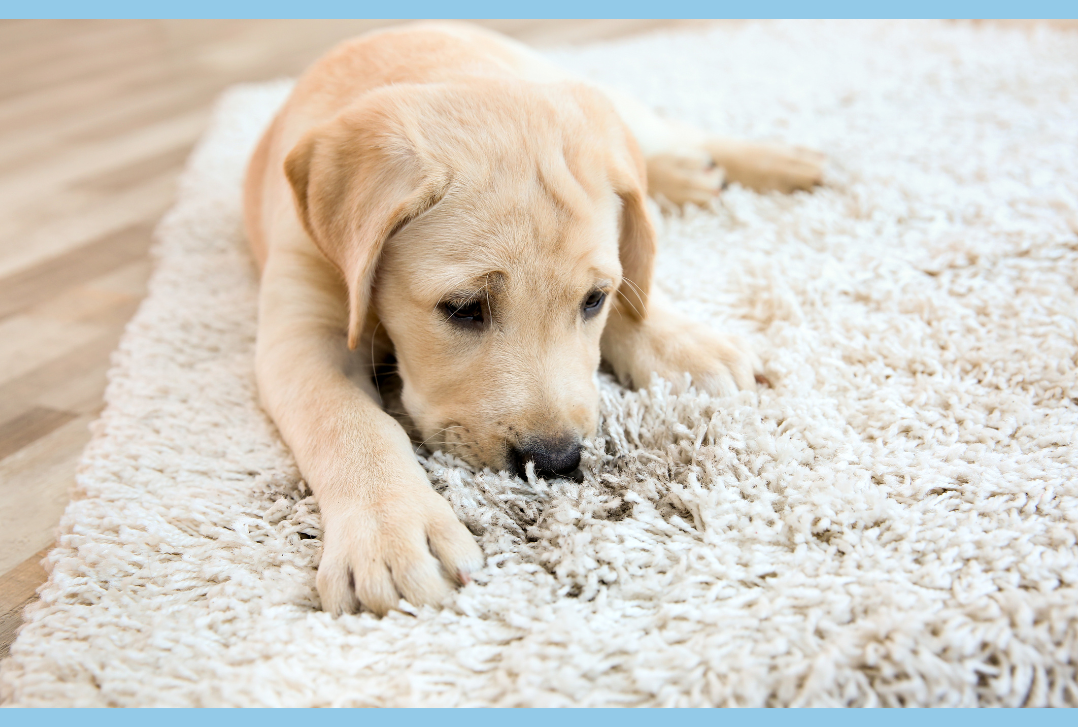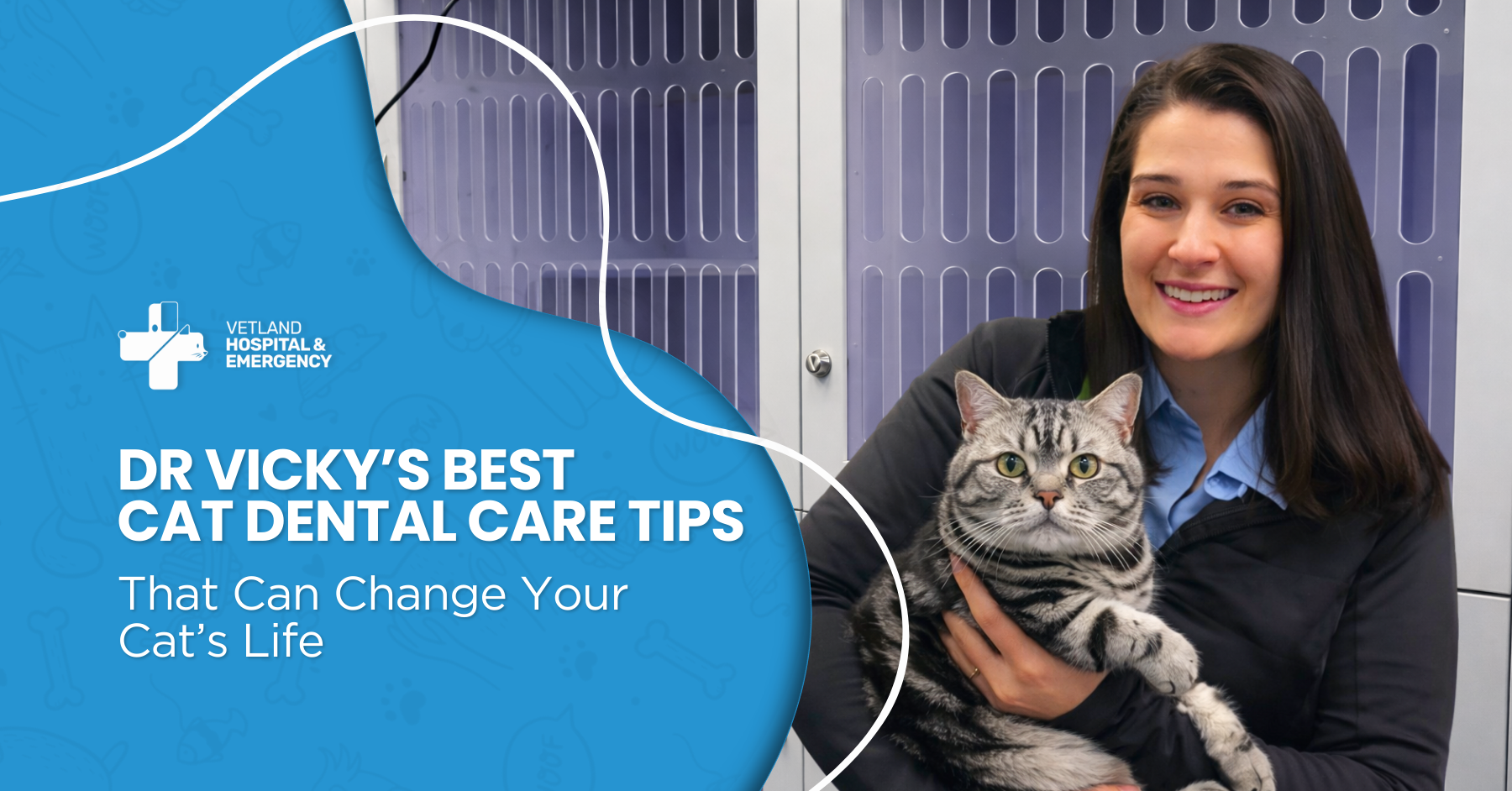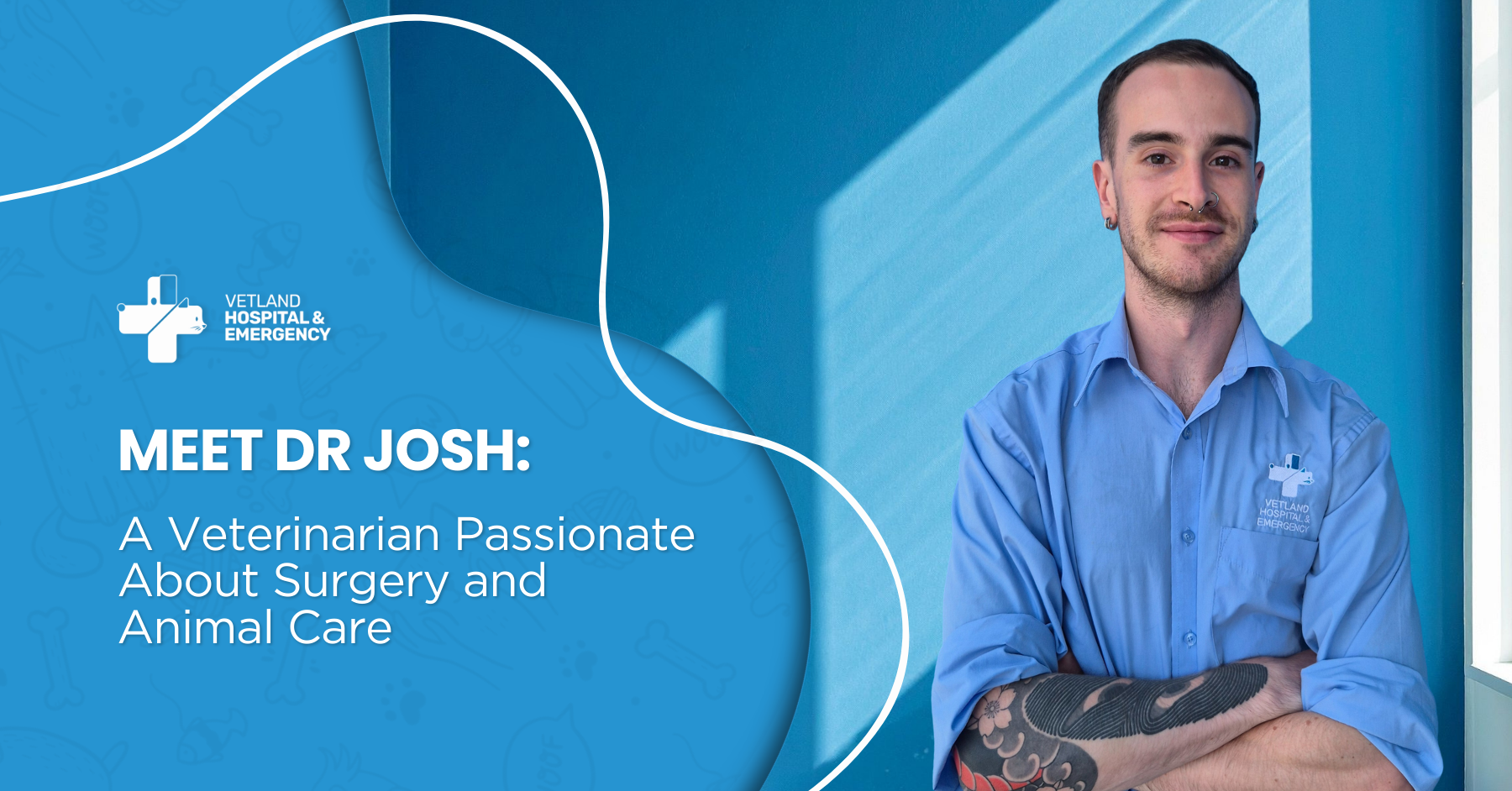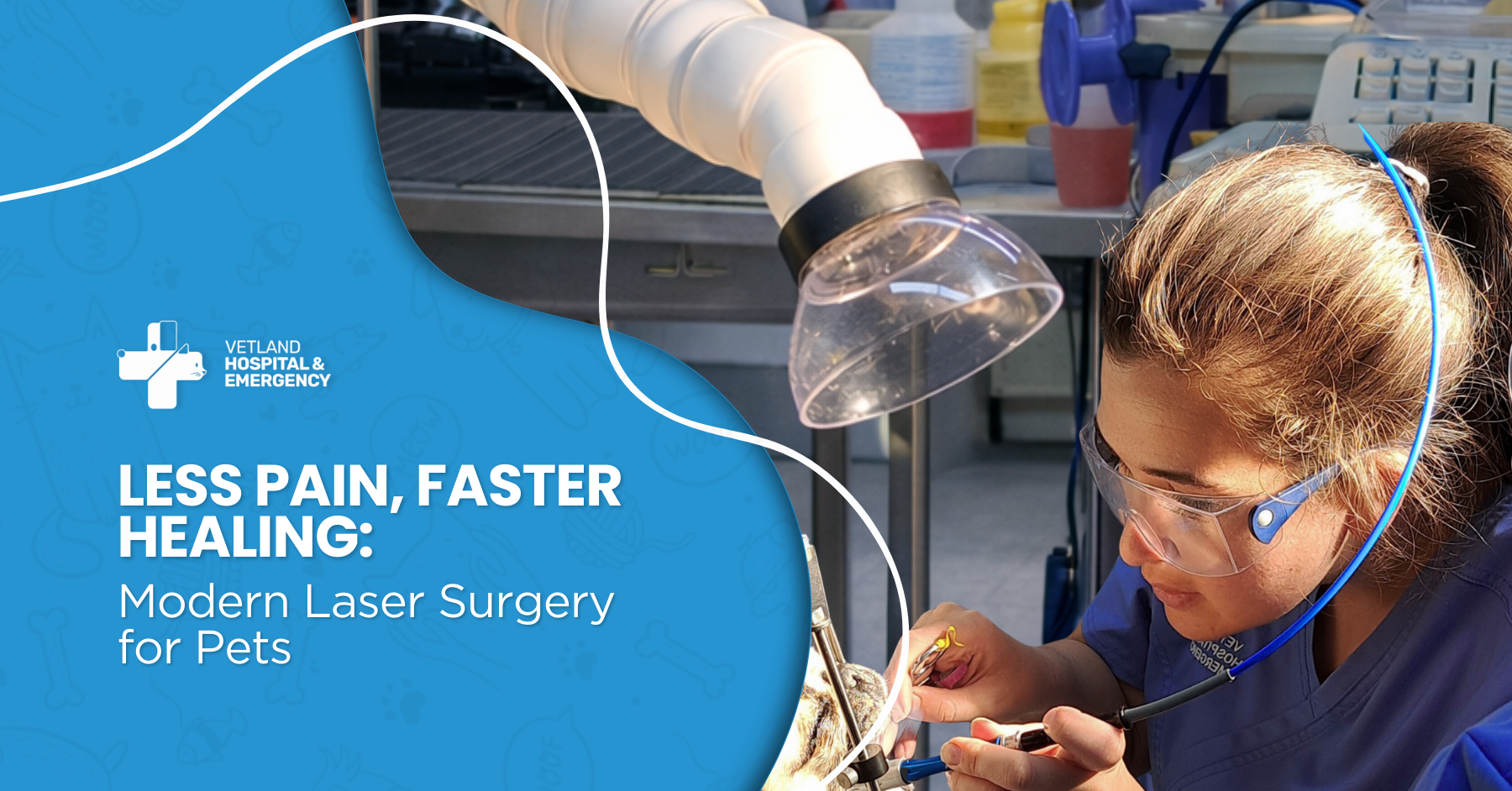Dr Vicky’s Best Cat Dental Care Tips That Can Change Your Cat’s Life
Your cat may be hiding dental pain right now, would you know it? Cat dental care matters for one reason—it hurts.There are no obvious symptoms, but...

Have you ever found yourself frantically worrying about what to do when your puppy looks unwell? You're not alone. As pet parents, we've all been there, anxiously watching our pets and wondering how to help. Knowing some basic first aid can help you react swiftly and appropriately, ensuring your fur baby gets the care they need without delay.
Have you ever found yourself frantically worrying about what to do when your puppy looks unwell? You're not alone. As pet parents, we've all been there, anxiously watching our pets and wondering how to help. Knowing some basic first aid can help you react swiftly and appropriately, ensuring your fur baby gets the care they need without delay.
Here are some first aid tips for common health issues in puppies:
If your puppy experiences a seizure, it’s crucial to stay calm and ensure they're in a safe environment where they can't hurt themselves, and don’t touch them during the episode. Once the seizure has finished, approach gently but cautiously - many pet’s can be temporarily blinded or confused following a seizure - and can bite out of sheer fear. For a detailed guide on what to do, check out our article: What to Do If Your Pet Has a Seizure. Remember, after a seizure, it's important to visit the vet for a check-up.
Is your puppy experiencing mild diarrhoea but still seems to be eating and happy? Try feeding them small, frequent meals of a diet high in indigestible fibre and a good protein source. If you're unsure about the best diet, consult your vet for recommendations. For dogs, we often suggest the Prime100 Kangaroo & Sweet Potato roll, and for cats, Hills i/d can be beneficial. Diarrhoea can take 1-2 days to start to improve, but if your puppy isn’t eating or drinking - a trip to the vet is in order.
When it comes to your puppy's health, a picture really is worth a thousand words. Capture photos of any signs that worry you - diarrhoea, skin lesions, eye discharge. These images can offer invaluable insights to your vet, helping them understand the situation better than the perceptions we may create from you descriptions alone. We love a good vomit snap!
If your puppy has a wound, and they're calm enough to let you touch the area, use a sterile flush (like the ones found in your car's first aid kit) to clean the wound gently. You can then apply a light, protective bandage. Don’t forget to take photos before you head to the vet for a professional assessment.
Eye issues can worsen quickly, so don’t wait around if you notice any problems with your puppy's eyes. Whether it’s discharge, redness, or swelling, it’s best to head straight to the vet for immediate care. If you are unable to head in immediately - take some pictures of the discharge - and then gently wipe the eyelids clean with water on a gauze square.
Unwell puppies are always stressful as they just can’t tell us what’s wrong, and what they need. Remember, build a great relationship with your family vet to support you and your pet, ensuring they receive the best care possible.

Your cat may be hiding dental pain right now, would you know it? Cat dental care matters for one reason—it hurts.There are no obvious symptoms, but...

What makes someone choose a career full of uncertainty, constant learning, and never-ending challenges?

Gentle. Precise. Designed for Comfort.